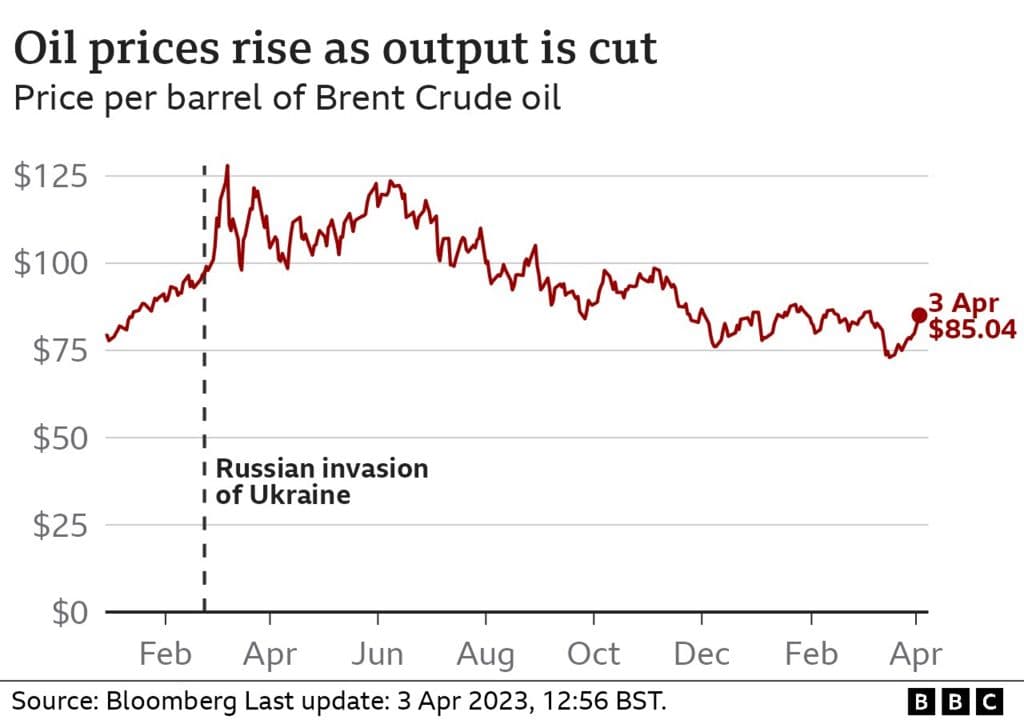X Drops $90 Million Fee Suit Against Wachtell Lipton
X, the social platform owned by Elon Musk, filed to dismiss with prejudice a multiyear California state court lawsuit seeking to recover most of a $90 million fee paid to Wachtell, Lipton, Rosen & Katz related to litigation over Musk’s acquisition of Twitter. The voluntary dismissal gives no explanation and the parties said there was no settlement, leaving questions about legal billing and corporate oversight unresolved.

X filed court papers on November 20, 2025, seeking dismissal with prejudice of its long running claim aimed at reclaiming most of a roughly $90 million fee that it paid to Wachtell, Lipton, Rosen & Katz for work tied to the legal battles surrounding Elon Musk’s acquisition of Twitter. The filing ends a dispute that had unfolded over several years in a California state courtroom, and by proceeding with a dismissal that bars refiling, X effectively closed this chapter without offering an explanation.
The complaint had alleged that a substantial portion of the payment to Wachtell amounted to an improper bonus tied to the closing of the transaction, a contention that placed the firm’s fee practices under scrutiny. Wachtell consistently disputed that characterization, saying the fee reflected the firm’s successful legal defense of the acquisition and the complex litigation that accompanied it. In court filings and public statements made earlier in the dispute, the firm framed the payment as compensation for tangible legal work rather than a contingent reward for completing the deal.
The precise reasons for the parties’ decision to dismiss the case remain undisclosed. Court records show the dismissal was voluntary and labeled with prejudice, which prevents X from bringing the same claim again. Both sides indicated there was no settlement, a declaration that removes one obvious explanation for the sudden end of the litigation. Absent additional disclosure, observers are left to weigh competing interpretations offered by corporate lawyers and industry analysts.
The case had broader significance beyond the immediate financial stakes. It intersected with ongoing debates about corporate governance at X, where Mr. Musk’s ownership has prompted heightened attention to executive discretion over legal and financial decision making. For many investors and governance watchdogs, the lawsuit was an attempt to seek accountability for how large legal bills are approved and disclosed, and to probe whether incentives were improperly structured around deal outcomes.
For law firms, the dispute highlighted perennial tensions over billing models in high stakes corporate litigation. Large corporate clients sometimes contest what they characterize as contingency style payments or bonuses that resemble success fees, arguing such arrangements can create conflicts of interest or obscure the true nature of legal services rendered. Law firms in turn argue that complex, high risk matters justify substantial compensation that reflects both the labor performed and the value provided.
With the dismissal now on the docket, both X and Wachtell move forward without a judicial determination on the merits. The decision closes a visible front in the long legal saga linked to the acquisition, but it leaves intact many of the governance and disclosure questions that propelled the litigation in the first place. Stakeholders, including investors and regulators, may continue to press for clarity about how major corporate legal expenditures are authorized and reported, even as this particular fight has ended.

